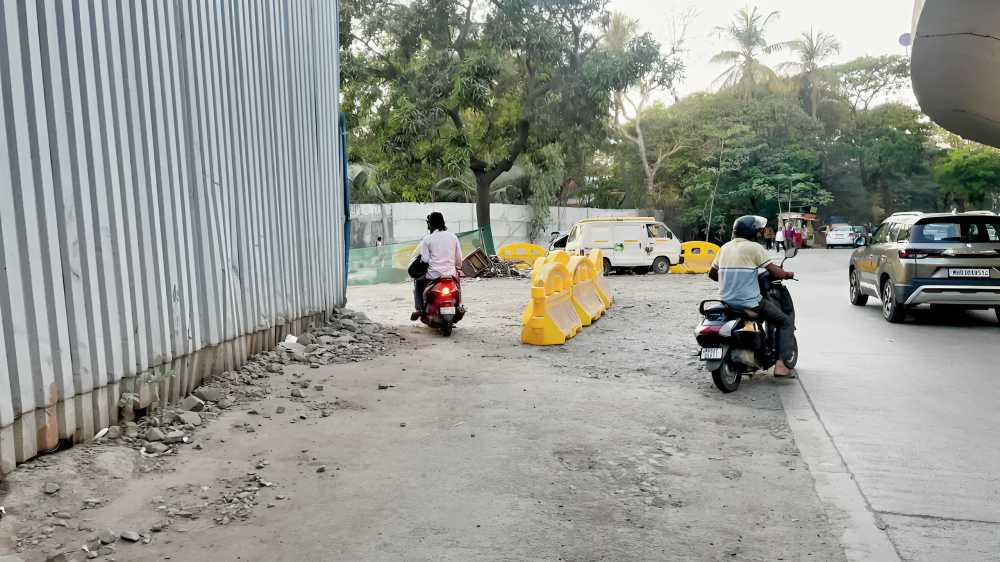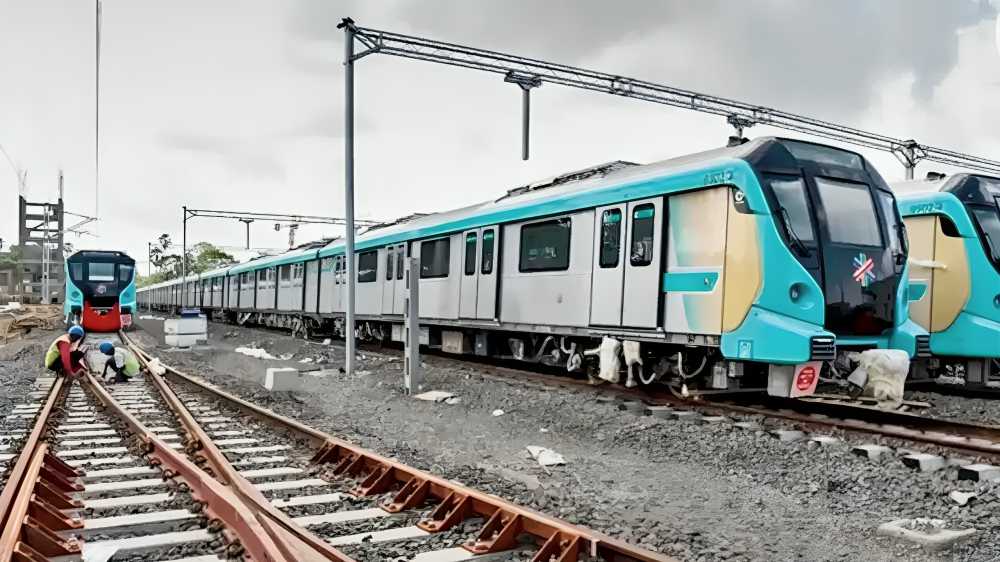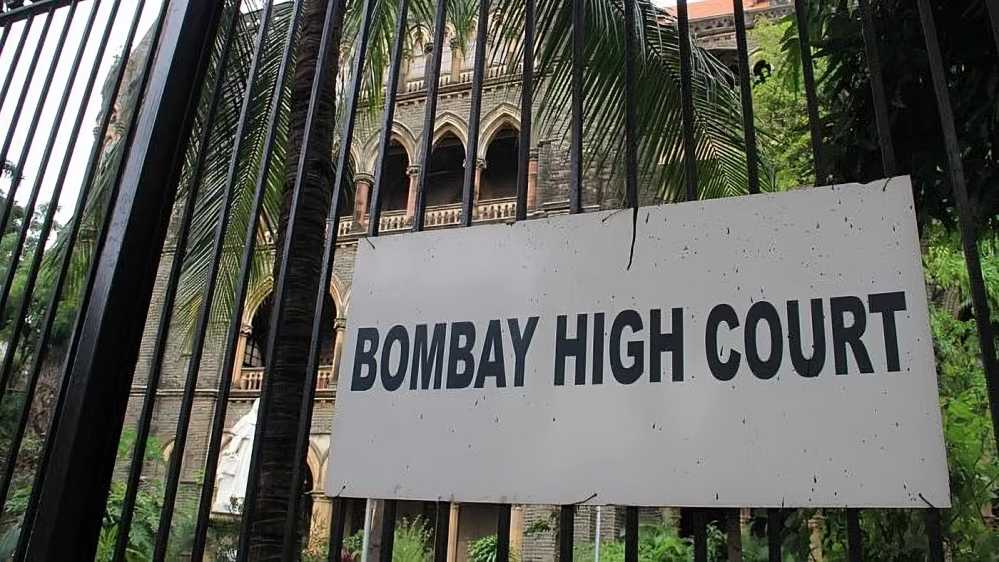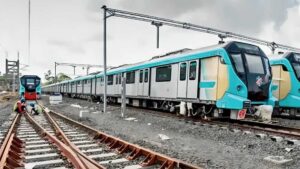In a significant boost to India’s freight infrastructure, the Dedicated Freight Corridor Corporation of India Limited (DFCCIL) has achieved a remarkable engineering feat by launching the country’s longest rail flyover (RFO) girder. The Open Web Steel Girder, measuring an impressive 110.5 metres in length and weighing approximately 1,500 tonnes, was successfully installed in the JNPT–NILJE section of the Western Dedicated Freight Corridor (WDFC) at Kalamboli, Navi Mumbai.
This monumental structure now holds the distinction of being the longest RFO girder ever constructed by DFCCIL, marking a major milestone in the organisation’s infrastructure journey. What makes this accomplishment particularly noteworthy is the complex radial shifting of the girder, which involved moving the massive structure 34 metres across active Indian Railways tracks — an operation requiring exceptional precision and planning.
The challenging task was executed using advanced construction techniques to ensure safety, minimal disruption to rail services, and structural integrity. The successful placement of the girder showcases the technical prowess and project execution capabilities of DFCCIL, further strengthening its reputation in delivering large-scale freight infrastructure projects.
The event was attended by the Managing Director of DFCCIL, who was present on-site to witness this engineering achievement. The launch underscores the corporation’s dedication to developing world-class freight corridors, enhancing logistics efficiency, and reducing transportation bottlenecks across the country.
This initiative also aligns with the broader vision of modernising India’s infrastructure to support its growing economy. As freight movement becomes increasingly critical for industrial and trade growth, such projects play a pivotal role in reinforcing the nation’s logistical backbone.
The successful launch at Kalamboli is not only a testament to DFCCIL’s technical innovation but also a step forward in India’s journey towards efficient, future-ready freight transport systems.
Source: Lokmat Times
















